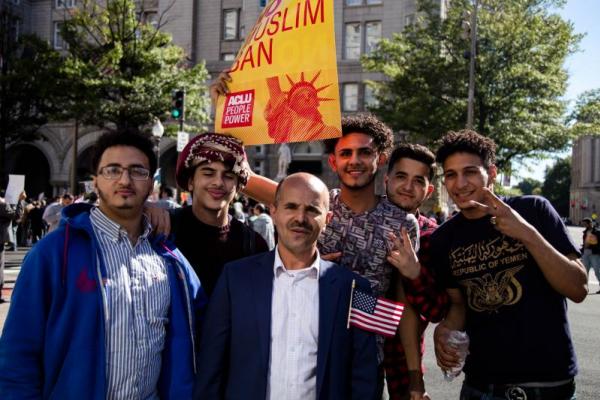Oct 24, 2017
Legal proceedings revolve around intent. Intent is the difference between involuntary manslaughter and murder. Intent is the difference between a harmless literacy test and robbing people of the right to vote. Intent matters because intent shows us the naked truth behind what people do and say.
Read the Full Article

Already a subscriber? Login
